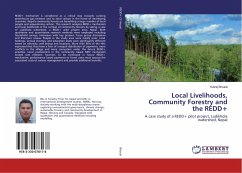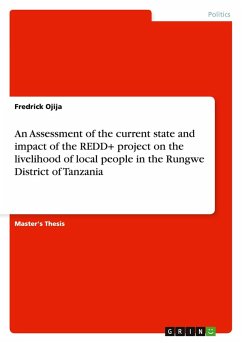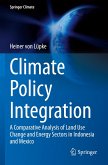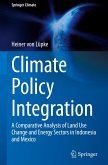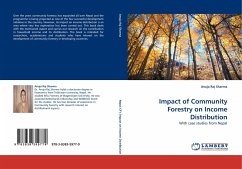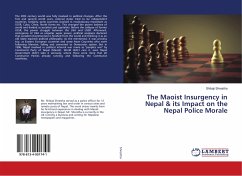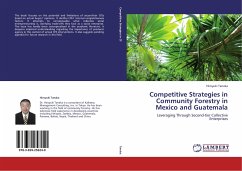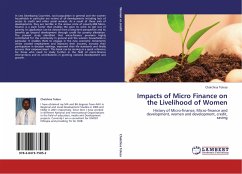REDD+ mechanism is considered as a critical step towards curbing greenhouse gas emission and to store carbon in the forest of developing countries. Nepal's community forests are benefiting a large number of local people and sequestering carbon. This research analyzes REDD+ mechanism and local livelihoods in the context of community forestry by taking a case of Ludikhola watershed, a REDD+ pilot project area, Nepal. Both qualitative and quantitative research methods were employed including household surveys, interviews with key persons, focus group discussions and literature review. People in the study area were mostly poor. Land holdings, annual incomes, and education levels were significantly different based on ethnicity, well beings and locations. More than 85% of the HHs expressed that they have a fear of unequal distribution of payments, more conflicts in the village and more corruption under the future REDD+ activities. Local involvement in the community based MRV mechanism looked cost efficient; however, to be continued in future REDD+ mechanism, performance based payments to forest users must surpass the associated costs of carbon management and provide additional benefits.
Bitte wählen Sie Ihr Anliegen aus.
Rechnungen
Retourenschein anfordern
Bestellstatus
Storno

